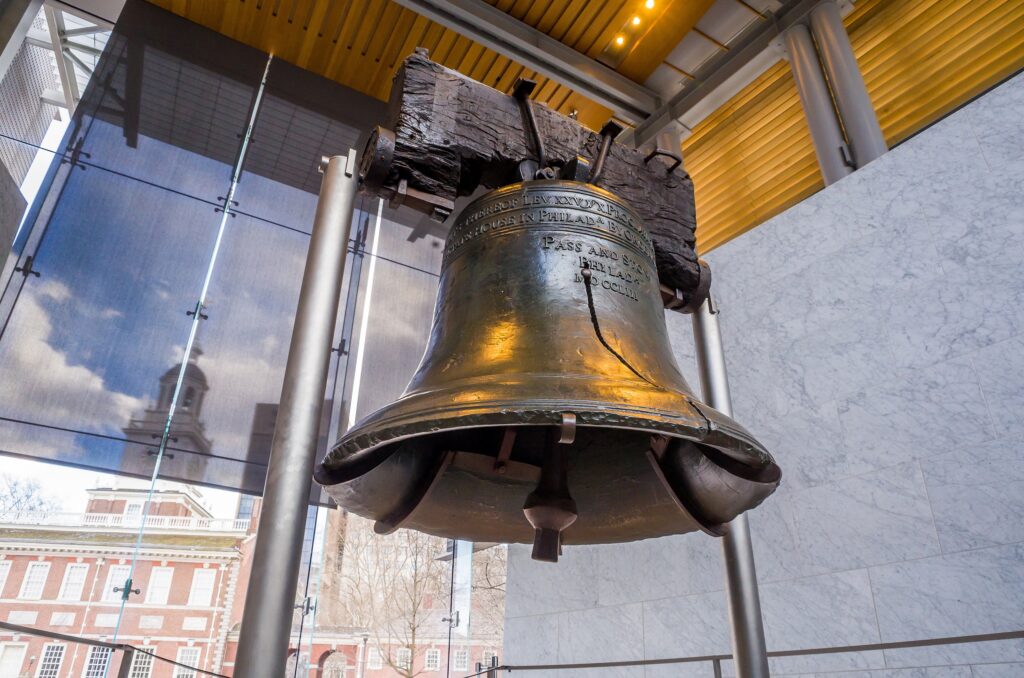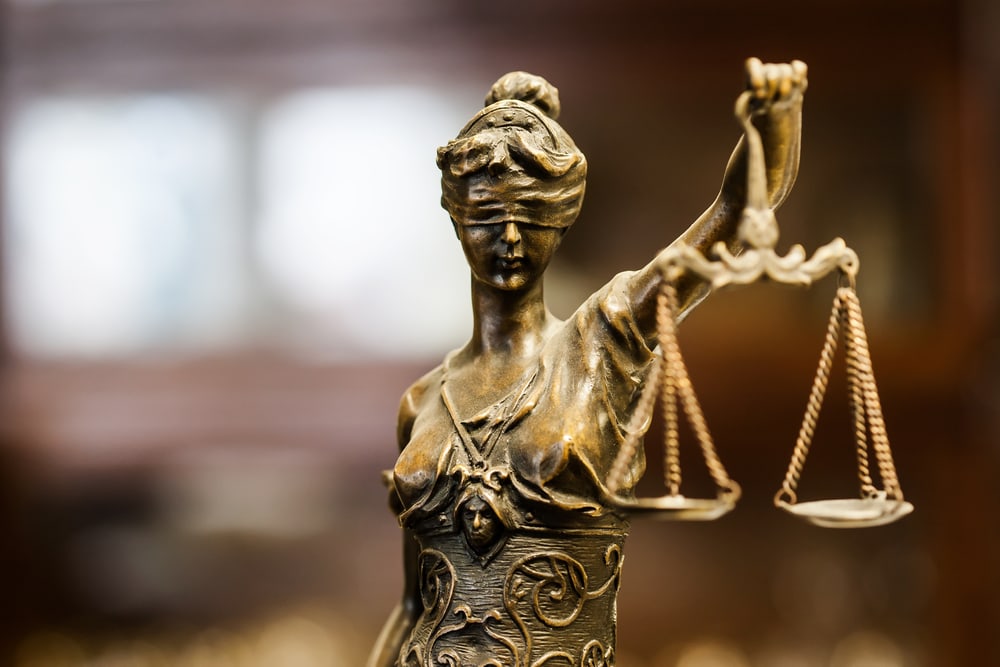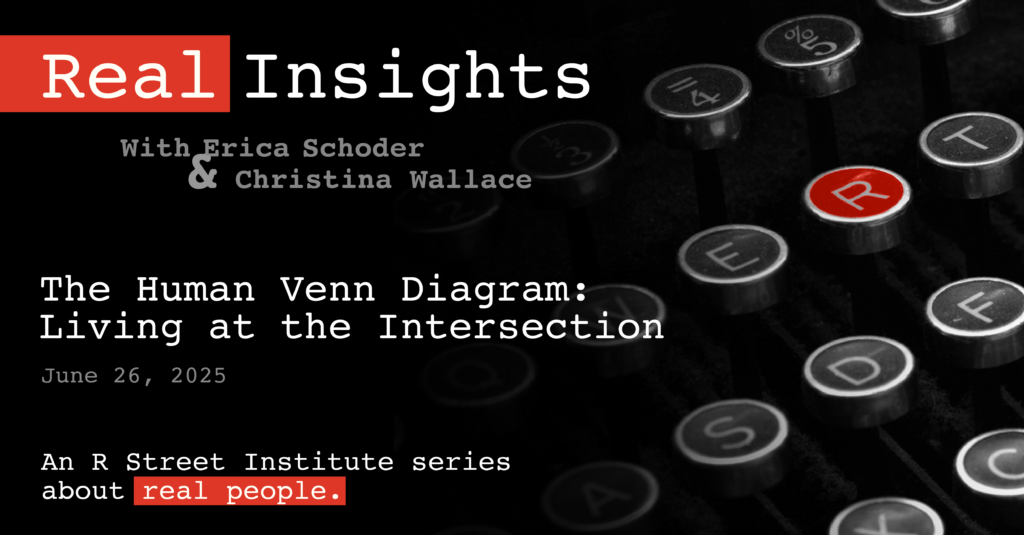Sorry, D.C. just isn’t Paris
Rachel Ryan is a good blogger; I respect her opinions. But, well, D.C. just isn’t Paris. Sorry. I’ve lived in the D.C. metro area continuously since I graduated from college and I like it here. But I also know that D.C. is a second-rate, second-tier city that will never be Paris or, indeed, the equivalent of any major European capital. That’s may be bad for our civic ego but it’s probably good for the country.
Let’s review the facts: metro Paris — the Ile-de-France region — contains about 20 percent of the French population, the headquarters of nearly all of that country’s most important private companies, its chief cultural institutions, and its best known university. It’s also the location of both of France’s stock exchanges, almost all French fashion houses, and a bevvy of that country’s best restaurants. Almost all important French cultural figures worked in Paris at some point in their careers. The city has the busiest airport on the European continent and huge immigrant communities (although, as in D.C., many of these are in the suburbs). Quite simply, if you want to be someone in France, you probably need to go to Paris.
By comparison, less than one percent of the U.S. population lives in metro Washington, D.C. The city lacks a single truly important corporate headquarters, any university that’s typically ranked among the country’s top 10, and has few cultural institutions that can be considered America’s best of their kind. Only one in-town restaurant gets the highest rating from AAA. The city’s largest airport, Dulles, doesn’t even crack the top 25 in the United States. Few great cultural figures of recent vintage come from the city and the most important contributor to American culture who was born and raised here — Duke Ellington — made his name mostly in New York City.
Quite simply, Washington, D.C. is a second-rate city. It’s the center of government and politics in the United States but, no matter how much some might wish it not be so, American culture would be much the same if the District’s cultural contributions were to vanish into thin air tomorrow.
For America as a whole, however, D.C.’s decidedly second-rate status is almost certainly a good thing. Almost all other sizeable developed countries (Italy is the chief exception here) have one city that, like Paris, is the center of nearly everything. While there are a handful of exceptions — most major German financial firms are in Frankfurt, and Canada’s parliament sits in Ottawa, for example — the general rule holds everywhere except Italy. The United States, quite simply, is different from most of its major peers. New York is the financial and theatrical hub, the top tourist attraction is in Orlando, the best restaurants are in Las Vegas, almost all movies come out Los Angeles, and Atlanta has the busiest airport. People in all of these places can have enormous cultural influence without ever rubbing shoulders with the political class. America, unlike most other countries, has divided cultural and political power. This means that Washington, D.C. isn’t ever going to be Paris. And that’s a good thing for America.








